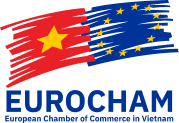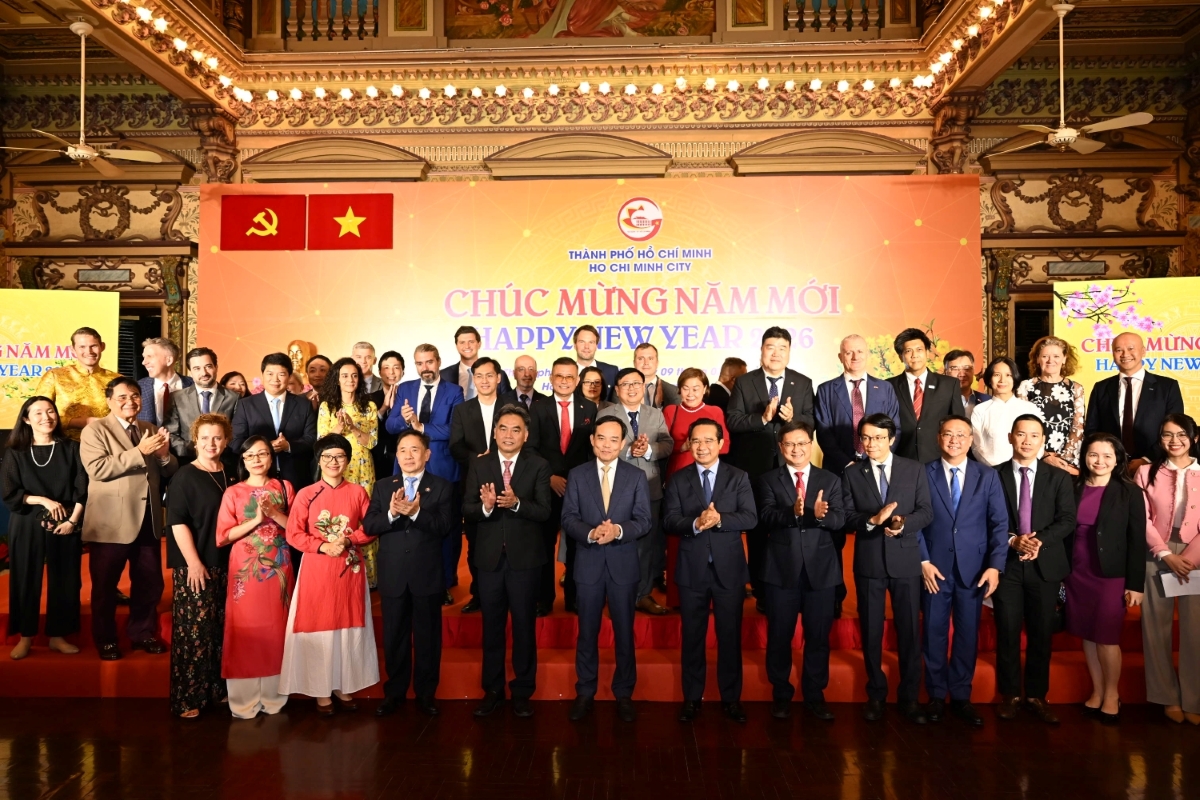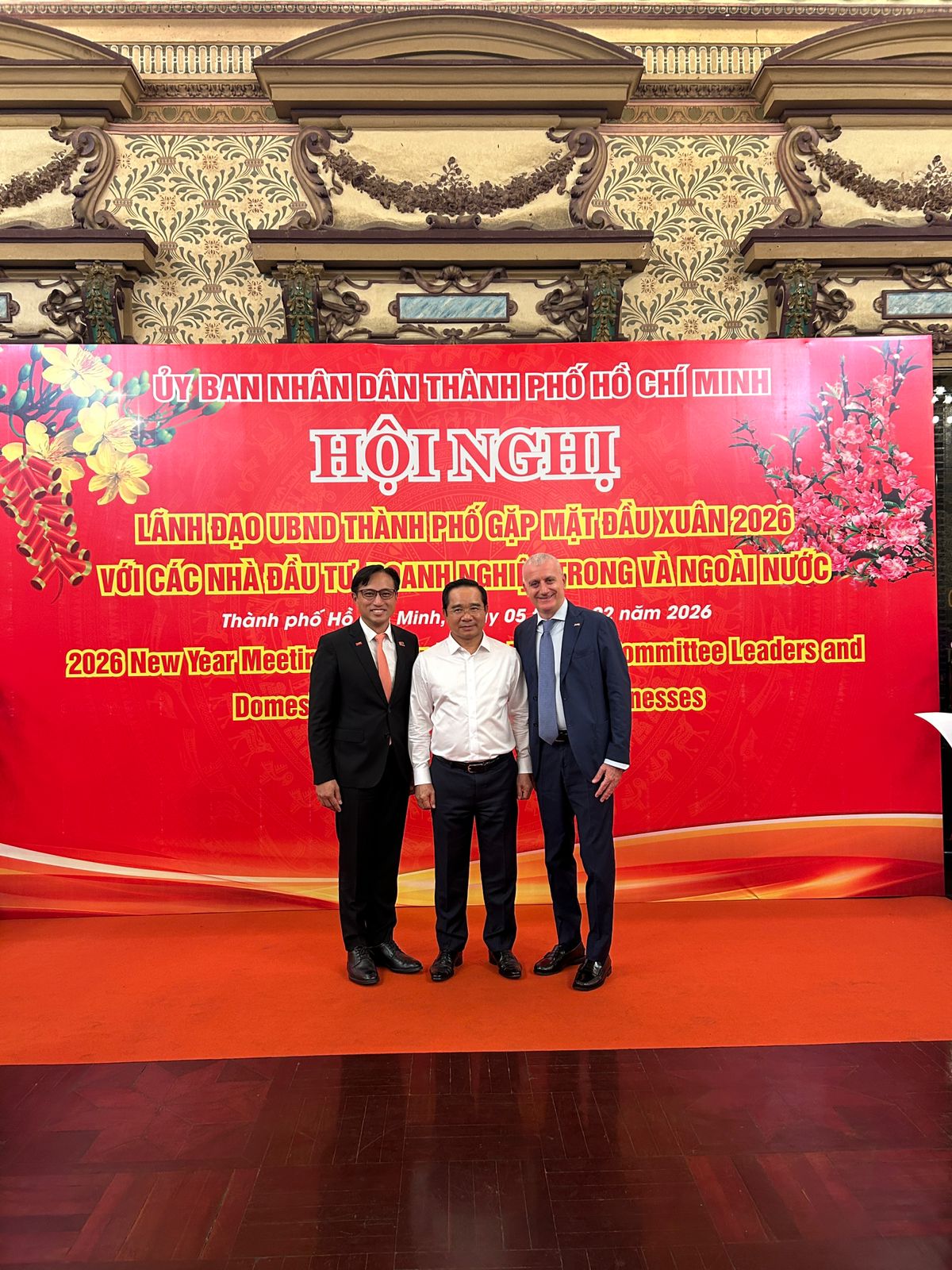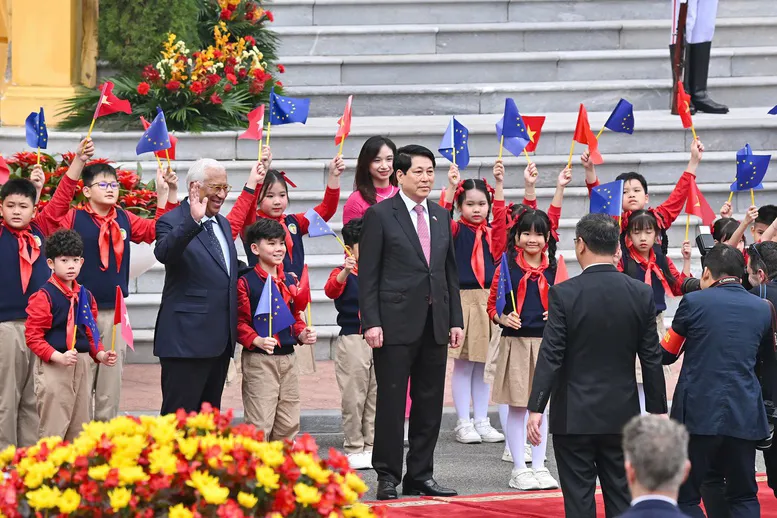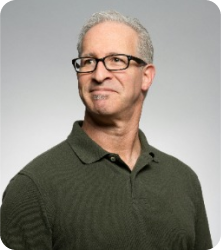Product candidates from all indications in advanced development phases
Growth driven by continued investment in innovation and strong partnerships
BASF is on track to launch innovations from its crop protection pipeline with projected peak sales of €3.5 billion by 2027. Product candidates from all indications have reached advanced development phases. Global registration is proceeding for key technologies such as Revysol® fungicide and Inscalis® insecticide. In 2017, BASF spent €507 million on research and development in the Crop Protection division. Continued investments in innovation are planned to expand the portfolio in and beyond crop protection, such as biological solutions and digital tools and devices.
“With market entry in sight for various developments across our pipeline, we are looking forward to expanding our offer to farmers globally with more comprehensive solutions for improved crop and pest management,” said Markus Heldt, President of BASF’s Crop Protection division. “The seed and trait research and development capabilities we plan to acquire from Bayer will further strengthen our innovation potential in relevant markets and key crops. They will also provide direct market access for our own trait discovery research.”
Some highlights of upcoming innovations:
Underlining its leading position in fungicide innovation, BASF is preparing the introduction of its latest fungicide Revysol®. The first Isopropanol-azole with an outstanding biological performance shows a new level of disease control. It will be an essential tool for resistance management in many important crops, including cereals, soy and corn, as well as in fruits and vegetables. Revysol will help farmers worldwide achieve high and reliable crop vitality and optimum marketable yield and quality. Furthermore, it is expected to provide a new option for turf management and seed treatment markets. Pending regulatory approval, first market introductions are expected in 2019.
BASF has a long tradition of providing farmers with modern herbicides and anticipates two new herbicides that are being prepared for regulatory submission in 2018, with two more advancing in early discovery. These first two chemistries have been specifically developed to control resistant grass weeds, one primarily for blackgrass and the other for key grass and broadleaf weeds, to ensure farmers worldwide can continue to count on effective weed management solutions.
In addition, BASF continues to grow its herbicide family with herbicide tolerance and weed resistance management technologies. The new Provisia™ Rice System provides enhanced weed control in rice and is expected to launch for the 2018 season in the United States. Provisia will provide rice farmers with a new tool for post-emergence control of a broad range of grass weeds.
For improved insect pest control, BASF is advancing its insecticide portfolio with new compounds showing unique modes of action. The most advanced example is Inscalis®. The new compound, co-developed with the Japanese company Meiji Seika Pharma Co. Ltd., will offer farmers an essential tool to protect a wide range of crops from critical piercing and sucking insect pests. Pending regulatory approval, the first Inscalis-based products are expected to be launched in 2018 in numerous countries worldwide.
Another new insecticide, co-developed with the Japanese company Mitsui Chemical Agro Inc., is Broflanilide, which has a novel mode of action (IRAC Group 30) and will help farmers to control chewing insects such as beetles and caterpillars in specialty and field crops. Broflanilide will also have seed treatment applications. It will also be an important technology to control ants, cockroaches and flies in the professional pest management markets, too. Broflanilide will be launched in key regions in 2020.
For BASF, the potential of active ingredients goes beyond traditional crop protection. A current example in public health is the first use of the insecticide chlorfenapyr in an innovative new approach to malaria control. BASF has successfully formulated the active ingredient as the basis for Interceptor® G2, a new generation of its Interceptor® long-lasting insecticide treated mosquito net, and Sylando® 240SC, an indoor residual spray to coat walls and ceilings of homes. Interceptor® G2 has been evaluated successfully in 2017 by the WHO Pesticide Evaluation Scheme to ensure it meets international safety standards. Sylando® 240SC is under WHO evaluation.
To meet the increased demand for biologicals, BASF is planning to introduce several innovations in key regions in the next decade, including Velifer® biological insecticide, which has an extended spectrum of application against target pests and can be used in integrated pest management (IPM) programs in both greenhouse and field settings. For applications in agriculture, BASF is proceeding with the market introduction of Velondis®, a biological fungicide for seed treatment designed to boost the protection of seedlings and plants from key soil-borne diseases.
Nitrogen stabilizer opportunities also continue to grow, including Limus® urease inhibitor launches planned in Europe and South America.
BASF is also developing digital innovations further to support farmers’ agronomic decisions linked to our core crop protection offer. One example is the brand Maglis®, under which BASF offers different digital tools for farmers and distribution partners, as well as BASF’s own sales force worldwide.
The company is planning to introduce several tools in 2018, including:
Maglis Customer Navigator, which will provide farmers with more convenient decision support and reduce the complexity in managing crop protection product selection and purchasing activities. The tool will be launched in the second half of 2018 in three countries in Eastern Europe.
Maglis Farm Navigator, which will enable farmers to optimize their farm operations on a continuous basis including analysis and forecast of field practices.
Maglis Agronomic Advice, which will provide agronomic risk evaluation and market insights to make more informed choices during the season. This tool will be piloted in different countries throughout the world in 2018.
“BASF’s crop protection business remains solid and competitive, and it proved to be highly profitable once again in 2017. We will sustainably grow our position as an agricultural solution provider through continued investments, prudent portfolio management, customer proximity and strategic partnerships,” Heldt emphasized.
About BASF
At BASF, we create chemistry for a sustainable future. We combine economic success with environmental protection and social responsibility. The more than 115,000 employees in the BASF Group work on contributing to the success of our customers in nearly all sectors and almost every country in the world. Our portfolio is organized into five segments: Chemicals, Performance Products, Functional Materials & Solutions, Agricultural Solutions and Oil & Gas. BASF generated sales of €64.5 billion in 2017. BASF shares are traded on the stock exchanges in Frankfurt (BAS), London (BFA) and Zurich (BAS). Further information at www.basf.com.
About BASF’s Crop Protection division
With a rapidly growing population, the world is increasingly dependent on our ability to develop and maintain sustainable agriculture and healthy environments. BASF’s Crop Protection division works with farmers, agricultural professionals, pest management experts and others to help make this possible. With their cooperation, BASF is able to sustain an active R&D pipeline, an innovative portfolio of products and services, and teams of experts in the lab and in the field to support customers in making their businesses succeed. In 2017, BASF’s Crop Protection division generated sales of €5.7 billion. For more information, please visit us at www.agriculture.basf.com or on any of our social media channels.
